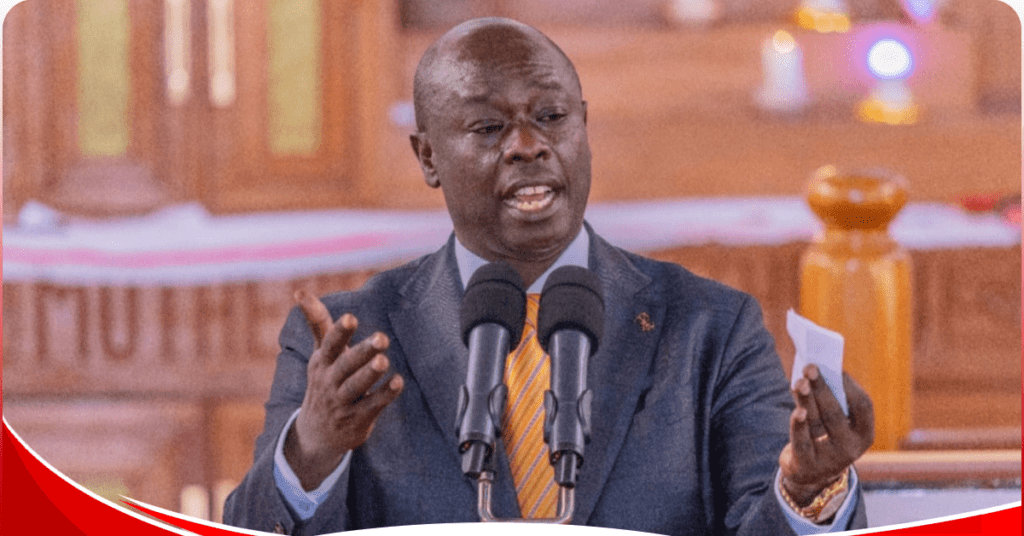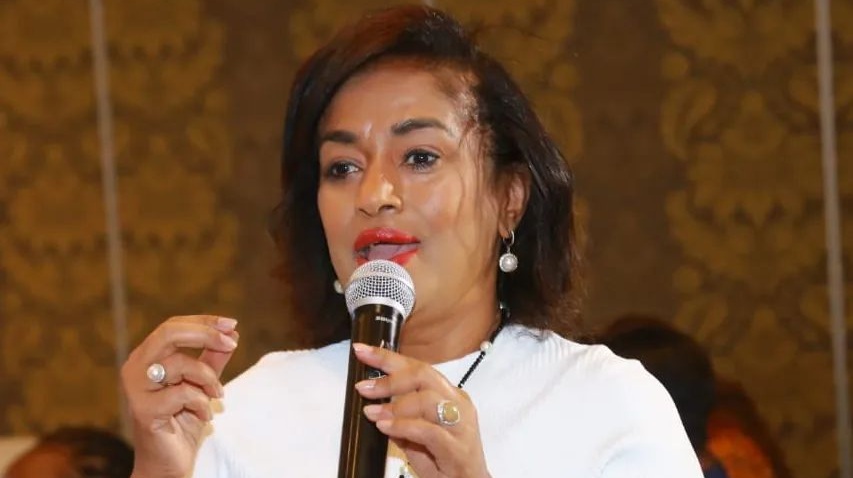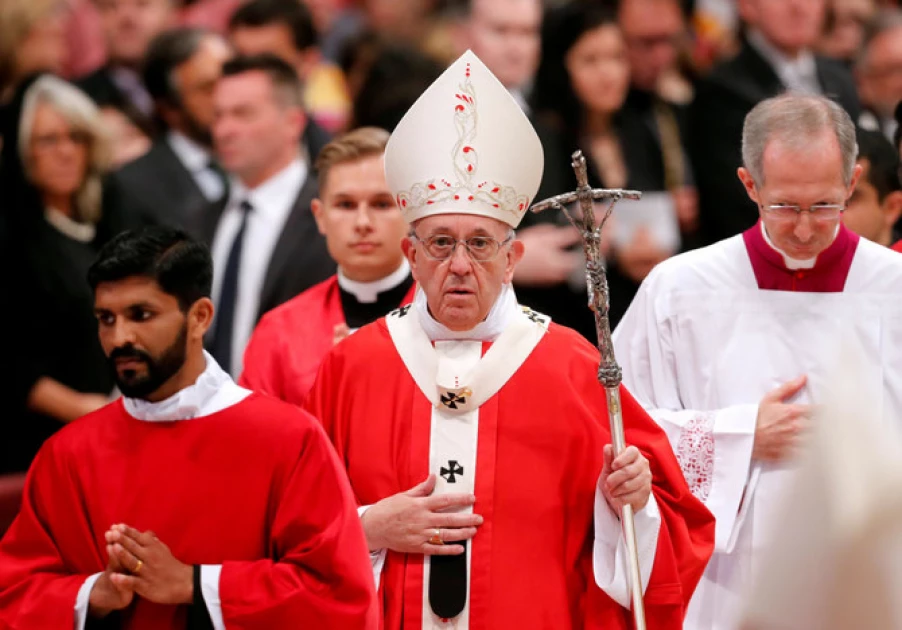Deputy President Rigathi Gachagua has emerged as the most favoured leader capable of providing leadership solutions in the Mountain region, according to a recent research by the Consortium of Researchers on Governance (CoRG AFRICA LIMITED).
DP Gachagua garnered an impressive 86.1 percent approval rating, overshadowing other Mount Kenya leaders mentioned in the study released on Monday, April 1.
Notable figures such as Kithure Kindiki, Martha Karua, Ndindi Nyoro, and Maina Njenga received ratings of 10.8 percent and 3.8 percent, respectively.
In the Governors category, Muranga Governor Irungu Kangata led the pack in implementing campaign promises and manifestos with a 63.2 percent rating, followed closely by Kirinyaga Governor Anne Waiguru with 61.8 percent. Nyeri Governor Mutahi Kahiga secured the third position in the region with a 59.4 percent approval rating.
The study also assessed the performance of Women Representatives, with Rahab Mukami of Nyeri County emerging as the top performer in affirmative action with a 65.4 percent rating. She was closely followed by Muranga Women Representative Betty Maina and Kirinyaga County’s Njeri Maina, who received ratings of 64.8 percent and 63.1 percent, respectively.
Senators
In the Senate category, John Methu of Nyadarua led with a 68.0 percent in county oversight and national representation. Joe Nyutu of Muranga County followed closely with 63.9 percent, while John Kinyua of Laikipia County secured the third position with 66.9 percent.
In the realm of regional representation, Ndidi Nyoro of Kiharu Counstituency emerged as the frontrunner in ongoing NG-CDF projects and national advocacy, boasting a 74.3 percent approval rating. Gathoni wa Muchomba of Githunguri closely followed, securing second place with a 71.8 percent, while Gilgil MP Martha Wangari claimed the third spot with 68.5 percent.
Affiliated organizations recently conducted a comprehensive public policy and governance research survey in the Mount Kenya region from March 19th to 29th, 2024.
The aim was to assess the popularity and approval ratings of elected leaders concerning the implementation of their 2022 campaign promises and manifestos.
Sampling methodology
A stratified multi-stage sampling technique was employed, with Wards serving as the primary sampling unit. Respondents were proportionately distributed based on the number of registered voters in each ward across the 64 constituencies, as outlined in the IEBC 2022 Voters Register. Further demographic stratification occurred at the ward level, particularly in cosmopolitan areas characterized by ethnic diversity.
A total of 4,000 respondents (registered voters) were targeted across 10 counties, with 3,540 contacted and 3,266 successfully interviewed. The sample comprised 54.3% male and 45.7% female respondents, ensuring a representative gender balance. The sample size achieved a 95% confidence level with a margin of error of 2.3%.
Quantitative data was collected through face-to-face interviews and Computer-Assisted Telephone Interviews (CATI) using CORG Analytica (OpenDataKit) questionnaires. Additionally, focus group discussions and interviews were conducted to gather qualitative insights from grassroots opinion leaders. Interview languages included English, Swahili, Kikuyu, Meru, and Embu.











